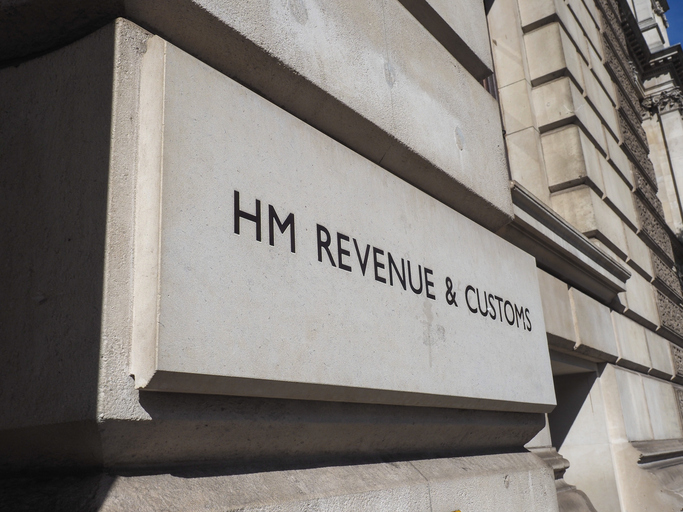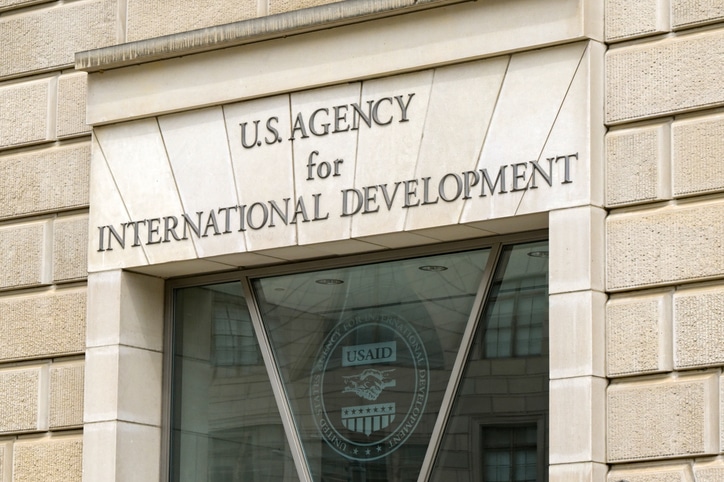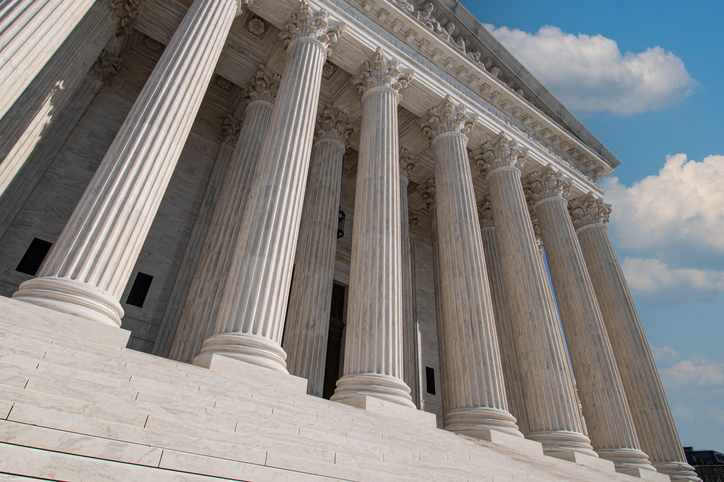For Public Health Service officers, no protection for whistleblowing
By Joe Davidson, Published: March 13
The Washington Post
The U.S. Public Health Service Commissioned Corps has a long and proud tradition.
The agency’s Web site rightly promotes its staff as “an elite team of more than 6,500 full-time, well-trained, highly qualified public health professionals” who are “driven by a passion for public service . . . on the frontlines in the Nation’s fight against disease and poor health conditions.”
Another proud tradition across the federal service is whistleblowing. It’s a tradition that bosses don’t always appreciate. In the PHS, whistleblowers don’t even have the nominal protections provided others.
Because members of the PHS Commissioned Corps are part of the uniformed service, they are excluded from whistleblower protections available to federal civilians. Their uniforms are just like military dress, and PHS officers are even required to have a camouflage battle outfit.
But because they are not members of the armed services, they are not covered by whistleblower protections available to members of the military. The same goes for National Oceanic and Atmospheric Administration officers.
They work for civilian departments but wear military uniforms. Everyone lauds their fine work, but if they become whistleblowers, nobody wants them. They reside in a whistleblower black hole, which can make whistleblowing in the PHS a dangerous mission indeed.
Paul T. Hardy, better known as P.J., found that out the hard way. He was fired.
“Been looking for a job and applying different places,” he said in an interview.
As the Federal Diary reported in October, Hardy was a PHS biomedical engineer assigned to the Food and Drug Administration. After he blew the whistle on safety problems with a breast cancer detection device by contacting members of Congress, among others, the FDA launched a criminal investigation of him for releasing unauthorized information and the PHS fired him.
More recently, Hardy’s case has been in the news because of the disturbing revelation by my colleagues Ellen Nakashima and Lisa Rein that the FDA monitored the personal e-mail traffic of six employees, including Hardy, who were using government computers.
Since the October Federal Diary column, the Office of Special Counsel attempted to block his firing by appealing to the Merit Systems Protection Board. It was a lost cause.
The Department of Health and Human Services, the parent of the PHS and FDA, argued that “Hardy is not an ‘employee’ covered by the Whistleblower Protection Act,” and the MSPB agreed.
Hardy’s “failure to be ‘appointed in the civil service’ precludes him from being an ‘employee’ entitled to protection under the WPA,” the MSPB ruled in November.
So where does that leave PHS whistleblowers?
“This loophole doesn’t make any sense, said Special Counsel Carolyn Lerner. “It undermines public health and safety and should be addressed through legislation. There really are no statutory protections” for uniformed PHS or NOAA whistleblowers.
Hardy has taken his case to federal court. A hearing related to the intercepted e-mails in his case is scheduled for Wednesday.
“We are going to push as aggressively as possible for the protection of all federal employee whistleblowers to be free from targeted monitoring,” said Hardy’s lawyer, Stephen Kohn.
He said the court should stop “the targeted monitoring of any federal worker who engages in constitutionally protected speech” and rule that PHS employees are fully protected under the First Amendment.
“Targeted monitoring” is a key phrase.
As Lisa and Ellen reported, FDA computers warn users they “have no reasonable expectation of privacy.” But, Kohn said, “it’s the profiling of the whistleblower that makes it illegal. You can’t subject a person to extraordinary searches based on their status as a whistleblower. . . . An otherwise legal search can become illegal if it’s conducted in retaliation of whistleblowing.”
That’s a lesson all government agencies should heed, regardless of what the court rules in Hardy’s case.
Interestingly, he wasn’t fired because of information found through the tap on his e-mails, at least not officially. The reason given for his termination was a poor performance evaluation in December 2010 that prevented him from being promoted. But the special counsel’s office noted that his previous three evaluations “were either Fully Successful or Exceptional.”
Kohn said the performance evaluation was “pure pretext” to cover management’s displeasure with Hardy’s whistleblowing.
In a strong letter to the FDA in support of Hardy, Sen. Charles E. Grassley (R-Iowa) said whistleblowers are “often treated like skunks at a picnic.” He reminded the agency that “denying or interfering with employees’ rights to furnish information to Congress also is against the law.”
That’s another lesson the bosses need to remember.
Latest News & Insights
March 12, 2025




